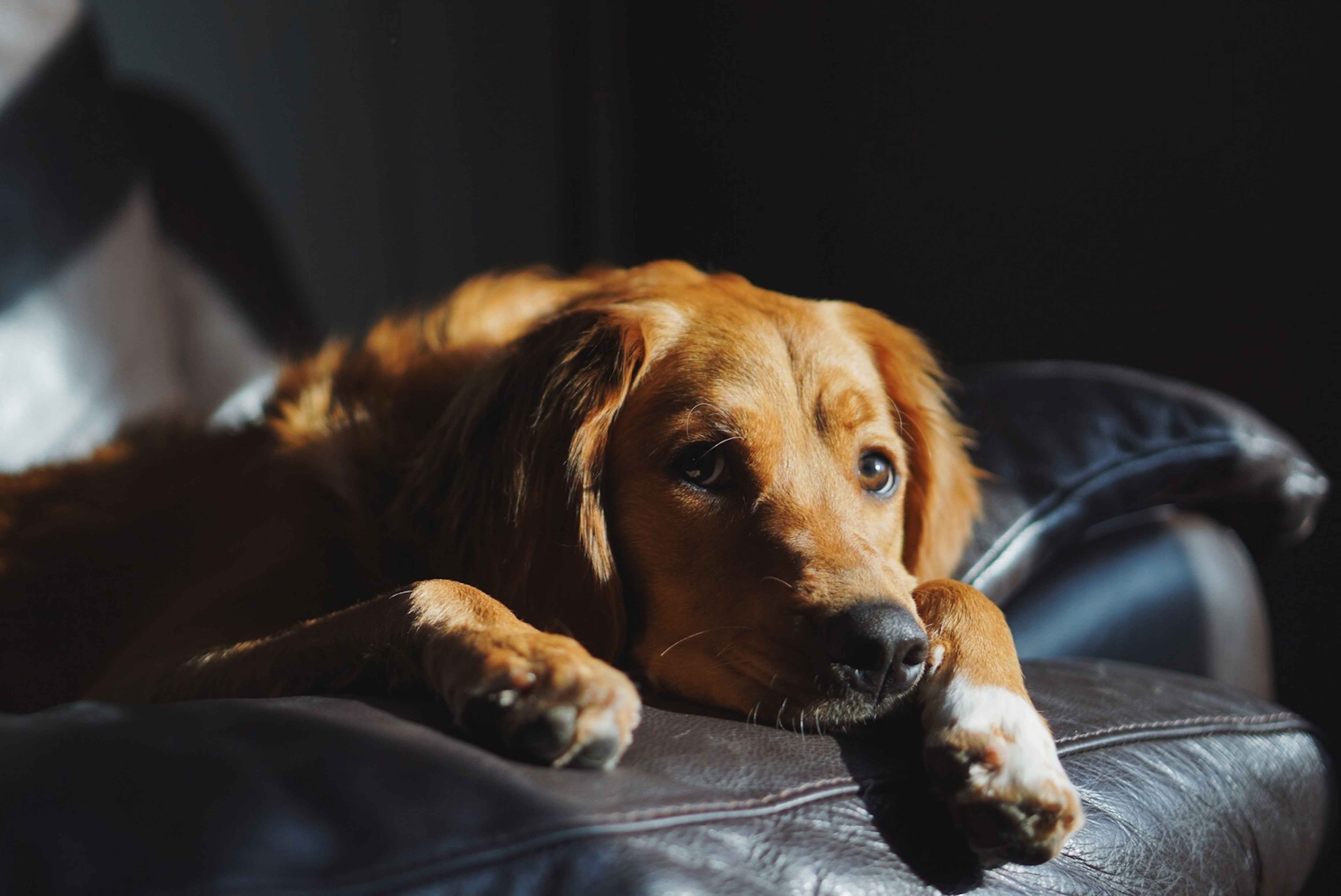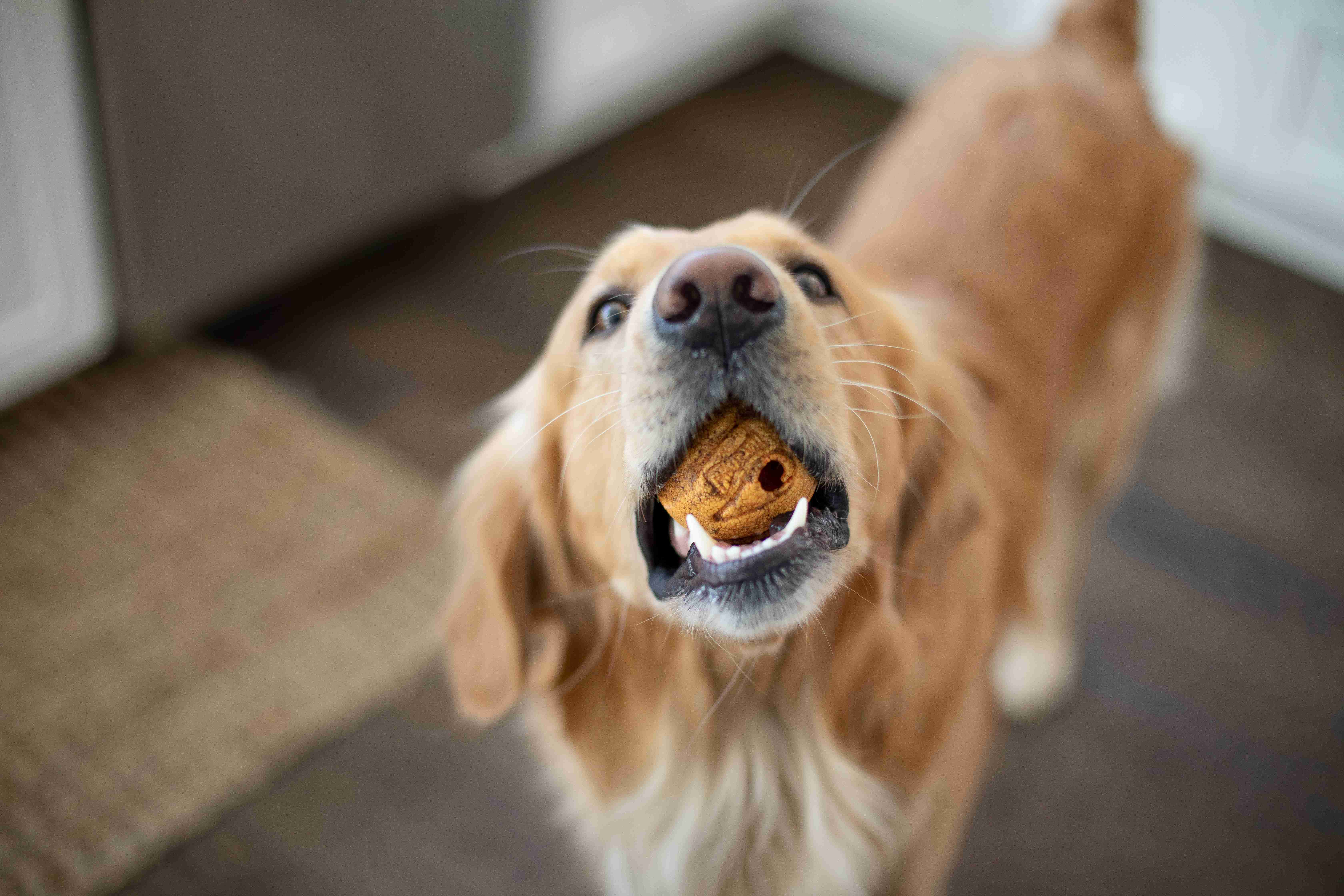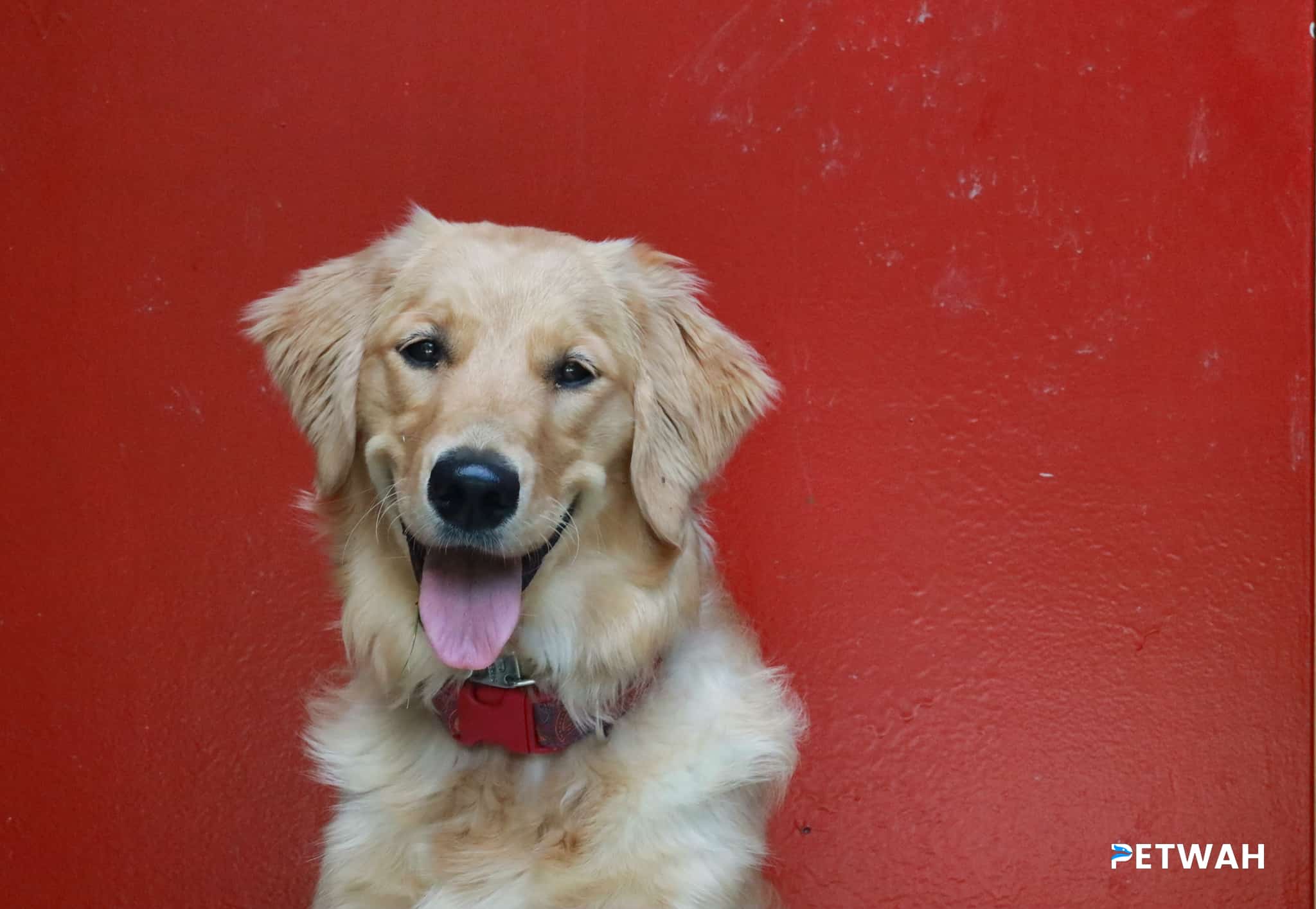Golden Retrievers are one of the most popular breeds of dogs in the world. They are loving, loyal, and make great family pets. However, like most dogs, they can suffer from separation anxiety. Separation anxiety is a condition that affects dogs who are overly attached to their owners or who have been abandoned in the past. This can lead to destructive behavior, excessive barking, and even physical harm to the dog. As a Golden Retriever owner, it is important to recognize the signs of separation anxiety in your pet and take steps to prevent and treat it. In this blog post, we will discuss the signs of separation anxiety in Golden Retrievers and how you can help your furry friend.
Golden Retrievers are one of the most beloved dog breeds around the world, known for their friendly personalities, gentle nature, and loyalty. However, like any other breed, Golden Retrievers are also prone to developing separation anxiety, a condition that can be distressing for both the dog and its owner.
Separation anxiety is a behavioral disorder that occurs when a dog becomes anxious or distressed when separated from its owner or when left alone. Golden Retrievers are social animals that thrive on attention and companionship, so it is not surprising that they can develop separation anxiety. The disorder can manifest in different ways, including destructive behavior, excessive barking or howling, pacing, urinating or defecating inside the house, and even self-harm.
To help dog owners recognize the signs of separation anxiety in their Golden Retrievers, here are some of the most common symptoms:
1. Destructive behavior: Golden Retrievers with separation anxiety often resort to destructive behavior when left alone. They may chew on furniture, shoes, or other household items or scratch doors or windows in an attempt to escape.
2. Excessive barking or howling: Dogs with separation anxiety may vocalize excessively when left alone. They may bark, howl, or whine continuously, often to the point of disturbing neighbors.
3. Pacing or restlessness: Some dogs with separation anxiety may become restless when left alone. They may pace back and forth, circle around the room, or try to escape through windows or doors.
4. Urinating or defecating inside the house: Dogs with separation anxiety may also have accidents inside the house, even if they are well-trained. They may urinate or defecate in inappropriate places, such as on carpets or furniture.

5. Self-harm: In severe cases, dogs with separation anxiety may resort to self-harm. They may bite or scratch themselves excessively, causing injury or bleeding.
If you suspect that your Golden Retriever is suffering from separation anxiety, it is essential to seek help from a veterinarian or a dog behaviorist. They can help diagnose the condition and suggest appropriate treatment options, such as behavior modification, medication, or a combination of both.
In addition to seeking professional help, there are also some steps that you can take to help your Golden Retriever cope with separation anxiety. Here are some tips:
1. Gradual desensitization: Gradually expose your dog to being alone for short periods, then gradually increase the time. This will help your dog get used to being alone and reduce their anxiety.
2. Provide distractions: Leave your dog with toys, chews, or other distractions that can keep them occupied and reduce their anxiety.
3. Create a safe space: Create a comfortable and safe space for your dog, such as a crate or a designated room with their bed, toys, and water.
4. Exercise and play: Give your dog plenty of exercise and playtime before leaving them alone. This can help reduce their anxiety and tire them out.
separation anxiety is a common condition that can affect Golden Retrievers and other dog breeds. By recognizing the signs and seeking professional help, you can help your dog overcome their anxiety and lead a happy and healthy life. Remember to be patient, consistent, and loving, and your Golden Retriever will thank you for it.
In conclusion, separation anxiety is a serious condition that can cause immense distress to both dogs and their owners. Golden Retrievers, in particular, are prone to experiencing separation anxiety due to their affectionate and loyal nature. Recognizing the signs of separation anxiety is the first step towards helping your furry friend overcome this condition. By providing them with adequate exercise, mental stimulation, and positive reinforcement, you can help them feel more comfortable and relaxed when left alone. Remember, with patience, love, and understanding, you can help your Golden Retriever overcome separation anxiety and live a happy, healthy life.








